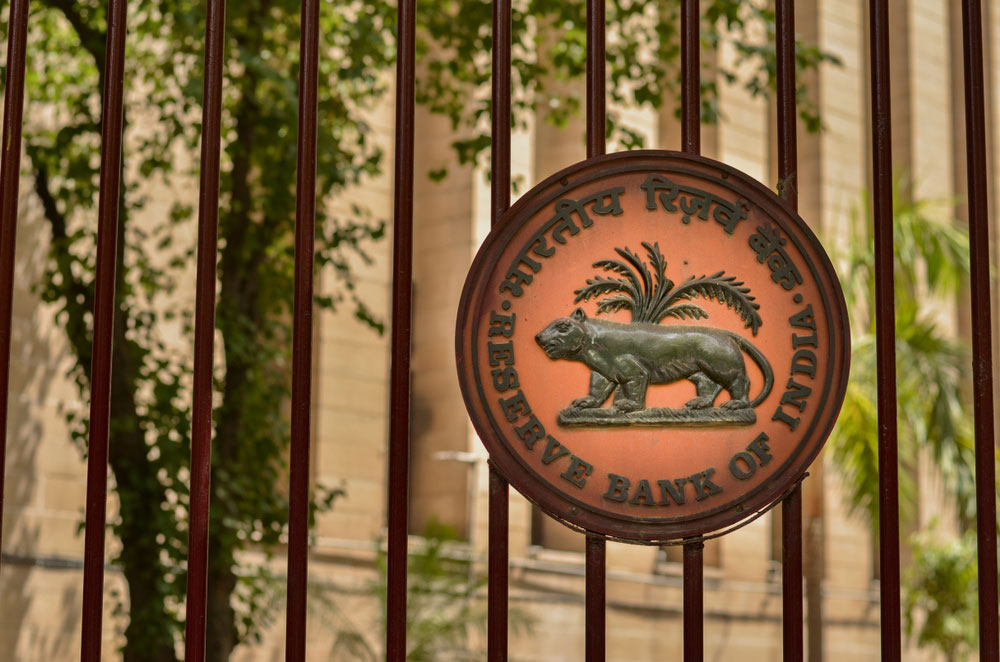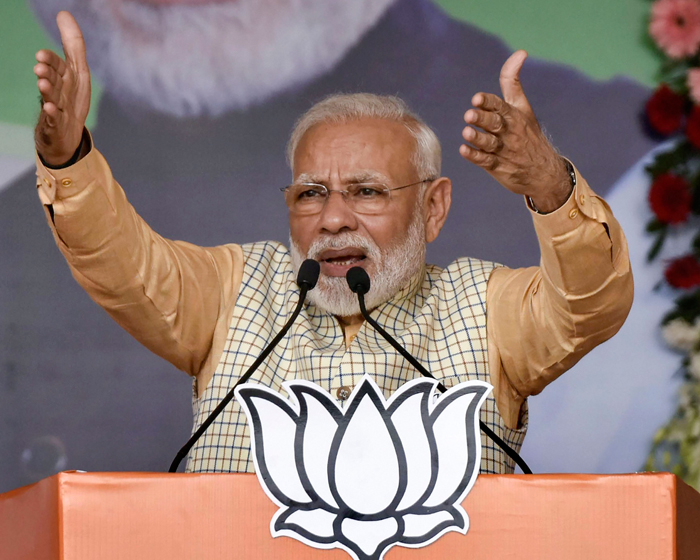The Reserve Bank of India carries out a consumer confidence survey with the help of responses from a sampled set of households, constructing two separate indices reflecting the state of confidence the consumers have in the economy. The first index is called the current situation index. It captures what consumers think about the present economic situation compared to what it was one year ago. The second index is called the future expectations index. It reflects the perceptions of consumers about what the economic situation is likely to be one year in the future compared to current conditions. The construction of these indices is based on consumer perceptions on the overall economic situation, employment opportunities, price level movements (inflation) and income and spending. The latest results of the RBI survey show that levels of consumer confidence continue to dip. The sample of 5,334 households is drawn from 13 major cities of India. The CSI is worse for almost all parameters, indicating that consumers believe that the current situation has deteriorated from what it was a year ago. As far as the FEI is concerned, there is optimism about what might emerge, but the level of optimism is coming down over time. The indices have reached their lowest level during the National Democratic Alliance’s tenure in government.
While these results are based on subjective perceptions, it may be noted that consumers’ beliefs do matter. Their perceptions are typically based on whatever evidence people have about the economy. These are obtained from the media, personal experiences, and word of mouth. The perceptions may be imperfect, but they are not figments of the imagination. Depending on the perceptions, consumers decide on actions like purchase plans and savings. If consumers think that incomes and prices are going to adversely affect them, they will refrain from buying new goods and services. When that happens, businesses find their markets shrinking, and cut back on production and employment. In such a situation, new investments that create additional capacity in the economy become sluggish. An economic slowdown then becomes a self-fulfilling expectation. It is also worth noting that independent academic research has revealed that consumers also factor in an assessment of the political situation while forming their views about the macroeconomic environment. A persistent lack of confidence in the economy is not good news. It is a contagious condition that is difficult to treat and reverse.













